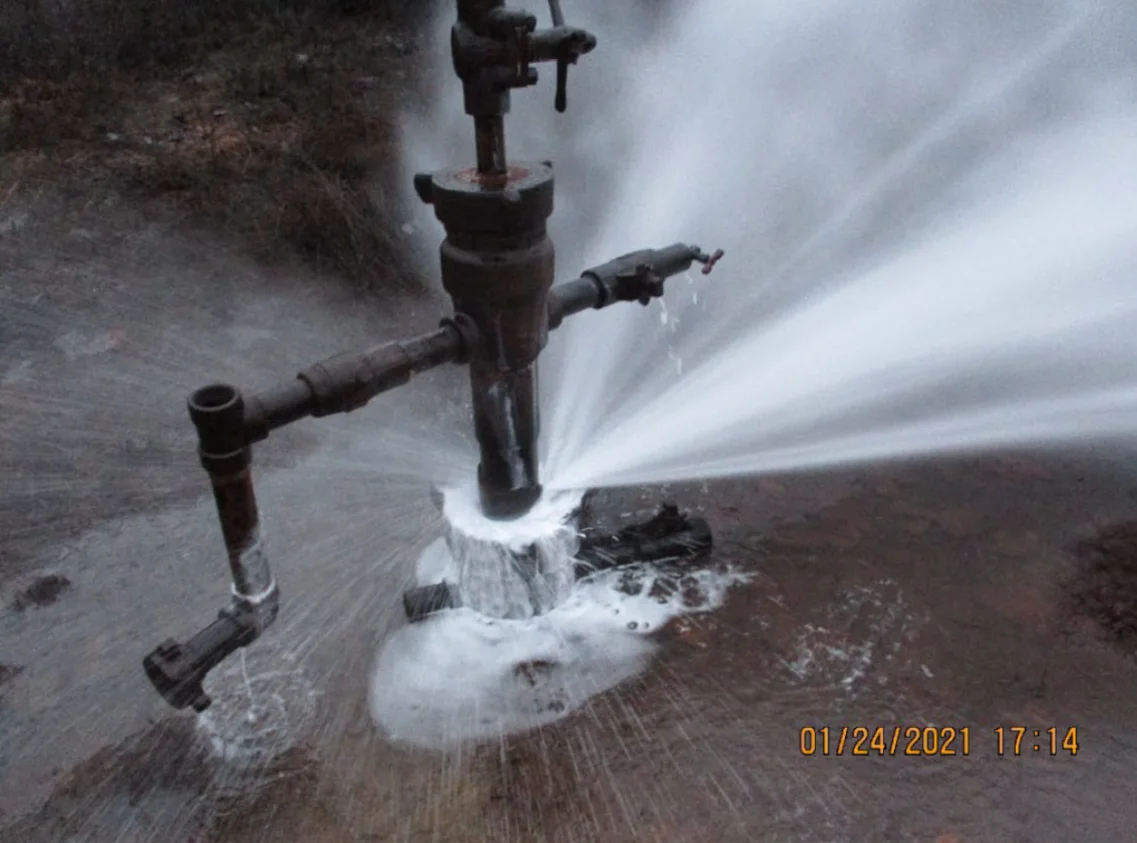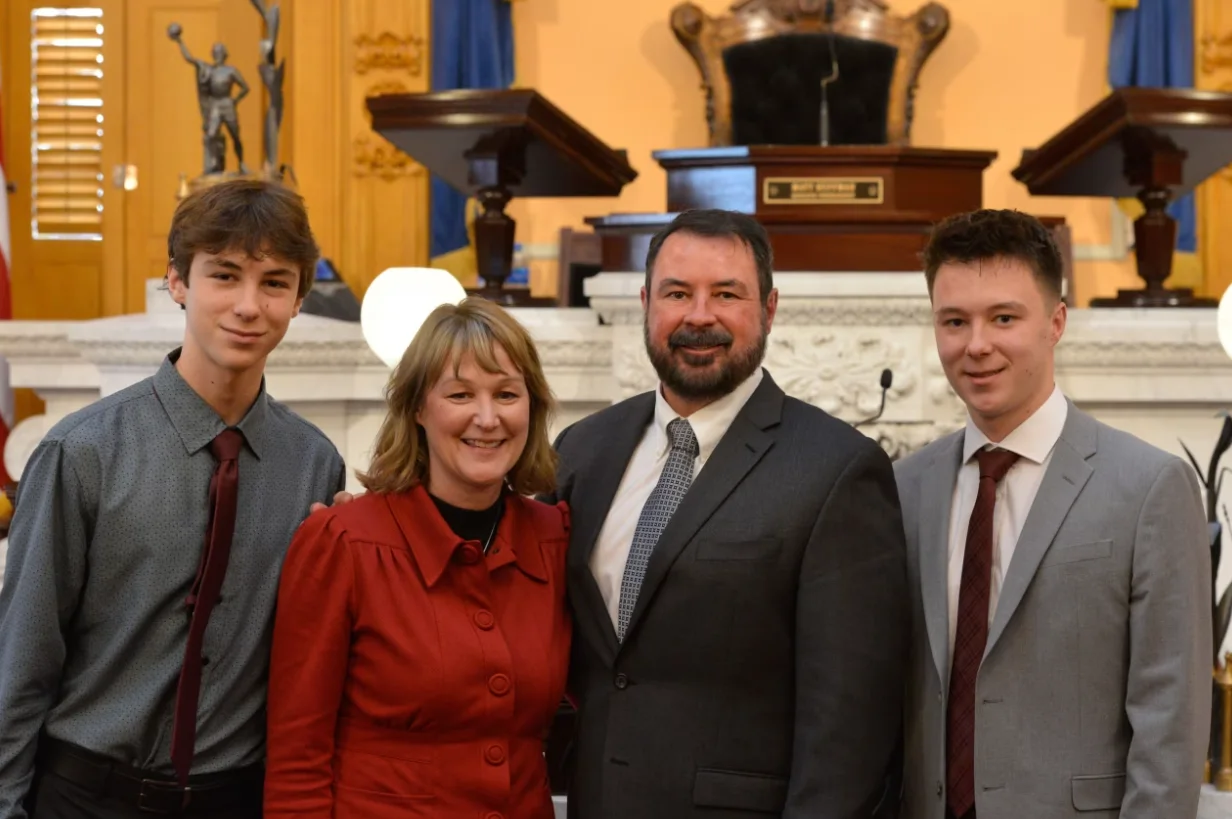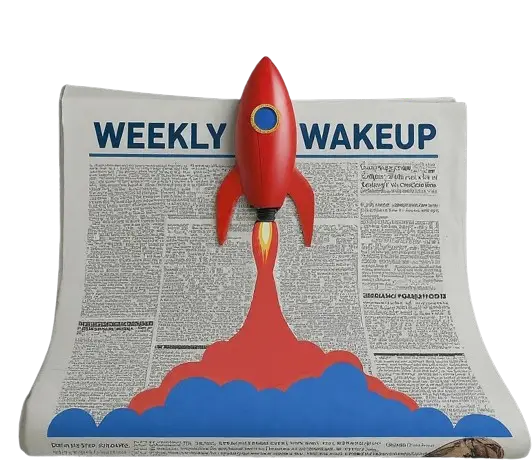In Ohio, wells owned by a state senator leaked fracking waste underground in Noble County. Later, this waste surged up through the ground several miles away at an oil well. Cleaning up this mess cost $1.3 million- Ohio Senator’s.
Ohio Senator’s Fracking Wells Leak, $1.3M Cleanup
In January 2021, the government cleaned up a big mess, but they didn’t make State Senator Brian Chavez’s company, Deeprock Disposal Solutions, pay for any of it. Instead, they sent the bill to the people who own the well that caused the problem. That well had been sitting unused, and the salty water it contained leaked out and made the land and water nearby dirty.
Documents reveal that Deeprock belongs to Chavez, a Republican who took the position in December. He has various oil and gas businesses and has invested in several others.
In June 2021, Gov. Mike DeWine chose Chavez to join the Oil and Gas Commission. This group has five members who review appeals from the oil and gas industry. Before becoming a senator, Chavez worked for a big petroleum company.
In that year, salty water from Deeprock’s injection wells burst out of the ground like a broken sprinkler.
On January 5, 2021, Deeprock Disposal Solutions got control of two wells containing brine, a dangerous leftover from fracking. These wells were deep underground and held the brine under high pressure. Over the last ten years, this brine had already seeped into at least three other wells used for production, according to the Ohio Department of Natural Resources.
Just weeks after being transferred, on January 24th, a well owned by Genesis Resources in West Virginia started leaking brine at a rate of up to 42 gallons per minute. This was a danger to two nearby rivers and a creek. It took officials and workers several days to stop the leak. They removed over 362,000 gallons of liquid from a nearby stream. Unfortunately, this incident led to the death of 450 fish, salamanders, frogs, and other animals in the area.
The Genesis well stopped making oil a long time ago. Reports from the Ohio Environmental Protection Agency, which were asked for by the public, say that Genesis Resources wasn’t helping with the situation and had left.
Between 2010 and 2023, there were five times when Deeprock’s salty water leaked from production wells. These leaks happened about 1.5 miles northeast of where Deeprock pumps water into the ground. Some leaks even reached as far as 5 miles southwest. The permits from the state only allow the water to seep into the ground within a half-mile area.
Two years after the big problem at Genesis, EPA officials found out that another well, not far away, was letting out salty water from the oilfield into a nearby stream that sometimes dries up. Only after this discovery did ODNR stop Deeprock’s work and officially say that the five spills were because of what they were doing.
In January 2023, instead of asking Deeprock, the government told Genesis to give back the $1.3 million they used to fix the problem caused by the well blowout in 2021. Genesis said it wasn’t their fault and Deeprock should clean it up. Lawyers for both companies and an insurance company said the government messed up by allowing the injection wells in the first place.
ODNR said it doesn’t matter where the brine came from. What matters is that it came up through Genesis’ old oil well, kind of like a straw. If Genesis thinks Deeprock is to blame, they can sue them.
Deeprock followed the law by putting up $15,000 and giving proof of insurance worth $15 million, as per ODNR.
In southeast Ohio, people in rural areas often use private wells for drinking water. A spokesperson from ODNR (Ohio Department of Natural Resources) named Andy Chow said they don’t think the water has been made dirty, and there aren’t any known groundwater wells close to the affected production wells. ODNR doesn’t currently check these wells regularly. However, Dave Yoxtheimer, who teaches at Penn State College of Earth and Mineral Sciences, thinks that because there have been spills in the area, it’s a good idea to test the nearby private water sources just to be safe.
“If I lived close by, I’d definitely get my water checked,” he said.
Chavez said no to being interviewed or answering questions about the incidents. Instead, he sent a message through a Senate spokesperson.
The statement says Senator Chavez cares a lot about keeping people and the environment safe. He used to be on the Oil and Gas Commission and knows how important safety is. He believes everyone in the oil and gas industry, from engineers to workers, wants clean air and water for their families. Some people might say bad things about the industry, but it’s still important because it gives us energy we need, and it does it in a way that’s safe and affordable.
Leaks

Fracking, also called hydraulic fracturing, involves blasting water, sand, and chemicals deep underground to release natural gas trapped in shale rock. This creates a mix of water and chemicals called flowback, which can become contaminated with radioactive materials from the earth. This mixture is harmful and needs careful treatment or disposal.
In Ohio, there are 250 special wells called Class II injection wells. These wells hold a lot of salty water underground under a lot of pressure. When this water is pushed into the ground really hard, it naturally moves towards the place where there’s less pressure, like the well where oil or gas is taken out.
“It’s surprising because they’re allowing the injection of fluids at such a high pressure that it’s making the fluids travel miles away. That’s quite a long distance for a well to affect.”
In Ohio, when wells stop producing oil or gas, owners must seal them. The Genesis well is just one of many wells in the state that are no longer used and are basically abandoned. There are tens of thousands of such wells in Ohio.
On January 3, 2023, the state told Genesis they had to pay back $1.3 million for cleaning up. Then, six days later, Deeprock got told to stop working because they kept releasing salty water. But, even though they did that, the state didn’t ask them for money.
“Basically, ODNR seems to be saying that Deeprock caused the problem, but at the same time, they gave Deeprock permission to cause the problem.”
Appeal
Chow said that according to Ohio law, they asked Deeprock for money to clean up the mess, but he didn’t say exactly which law.
In February 2023, Genesis asked the Oil and Gas Commission to review its case. They still haven’t made a final decision. Then, in June 2023, the commission voted 4-0 against Genesis’s request to delay paying ODNR $1.3 million while they think about the appeal. Chavez didn’t take part in the decision.
In December of that year, Chavez stopped working for the commission and started as a senator. Genesis says that ODNR didn’t give them documents about permits for Deeprock and their investigation into the brine spill. Genesis wonders if ODNR made a mistake by giving Deeprock permits or not telling nearby well owners about the risks.
Also Read: Torrential Rain Flood Southeast Texas, Shutting Down Schools
Kevin Maloney, a lawyer for Genesis, wonders why the state is coming after them so aggressively but not focusing on Deeprock.
ODNR said Genesis didn’t seal their well when it stopped working, causing it to leak brine. They believe the closest responsible party should clean up the mess. Genesis can take Deeprock to court if they want, but ODNR’s focus is on getting the problem fixed.
“Genesis blames nearby injection wells for the leaked brine, saying if it came from those wells, they’re not responsible for any problems that happen as a result.”
Appointed

Chavez makes at least $100,000 every year from Deeprock and Utica Assets LLC, as stated in ethics forms. He also earns between $50,000 and $100,000 from Deep Rock Investments LLC and the same from being a vice president of Condevco. Additionally, he owns at least $1,000 worth of common stock in Devon Energy Corp, Diamondback Energy, Halliburton, and Marathon Petroleum.
Chavez was a guest on a podcast hosted by Matt Huffman, the Ohio Senate President, and his team. He talked about running a business his in-laws began, which involves operating 400 oil and gas wells up and down.
When talking to the leader of the senate, he said climate change isn’t a big deal. He mentioned that gas releases carbon dioxide, but so do humans when they breathe or open a can of soda. He thinks having carbon dioxide in the air isn’t harmful.
Back in the old days, dinosaurs were huge because there was a ton of carbon dioxide in the air and the planet was warmer. This made plants grow bigger, so the dinosaurs didn’t have to struggle to find food. The Earth is always changing, so we shouldn’t just blame each other or focus only on quick fixes for problems. We need to understand the bigger picture and think long-term.
Join WhatsApp channel: weekly wakeup






